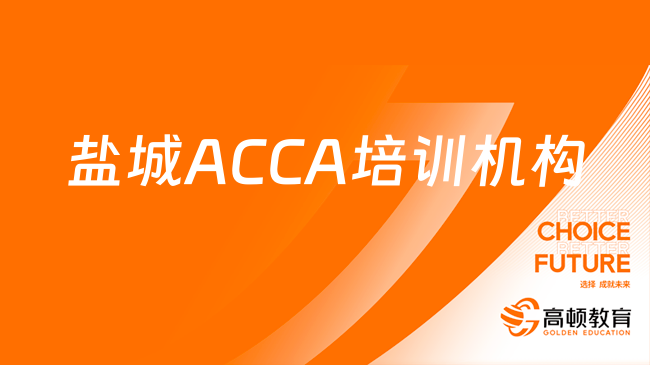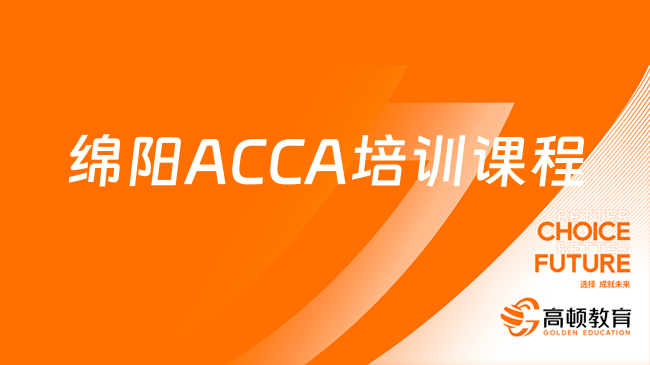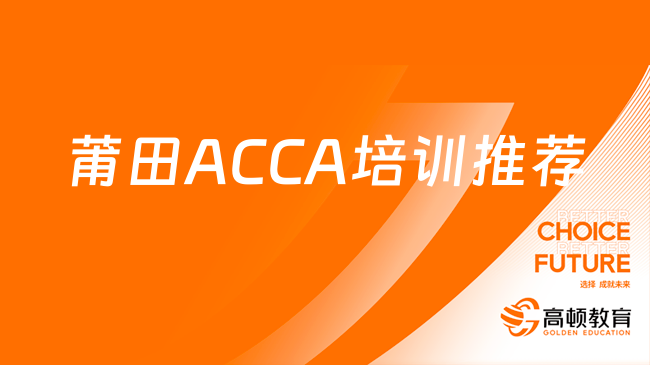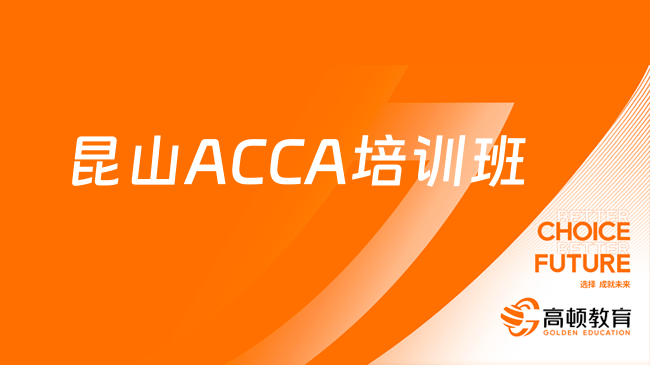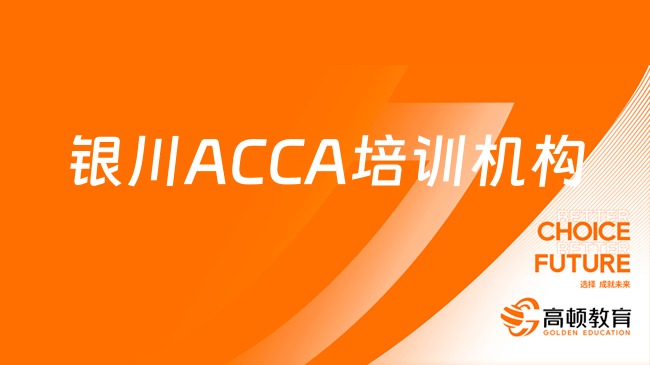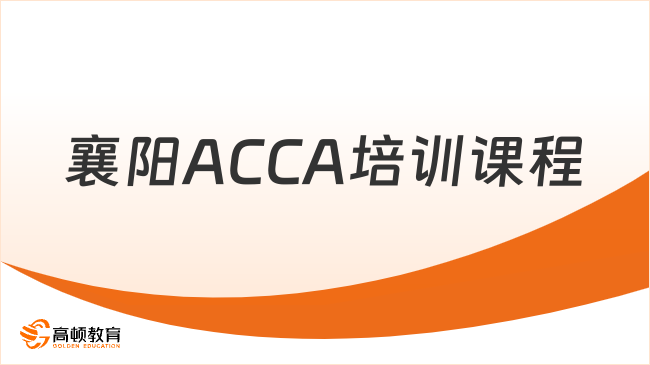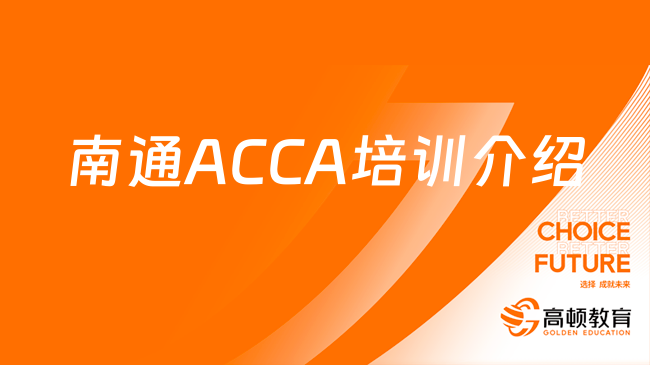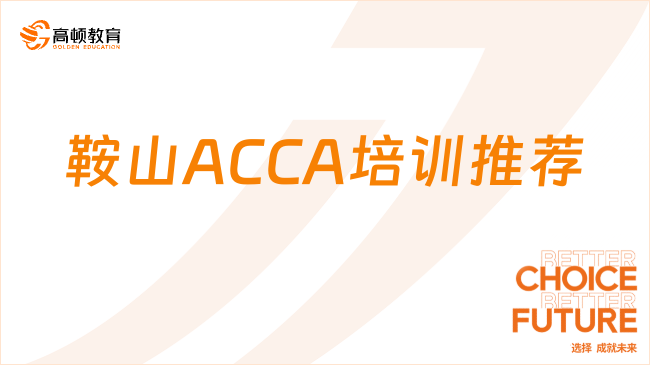2015年ACCA考试P1科目基础讲义8
来源:
高顿网校
2015-08-11
高顿网校小编为各位ACCA学员整理了P1科目讲义辅导,希望大家查漏补缺,对考试有所帮助。
<1>Increasing internationalization and globalization, require free movement of capital and security of investment
<1>Increasing internationalization and globalization, require free movement of capital and security of investment
<2>Different treatment of domestic and foreign investor caused them to call for parity of treatment
<3>Issues concerning with financial reporting, greater transparency and reduction in risks faced by investors. Lack of confidence perceived in financial reporting and in the ability of auditors to provide reasonable assurances which required by the users of financial statements.
<4>Evidence that poor governance will lead to poor performance, investors are willing to pay a significant premium for companies that are well governed.
<5>High profile corporate scandals and collapses require the need to reduce risk and potential losses to shareholders
4.2 Developments of corporate governance codes
4.2.1 UK codes
<1>Cadbury report 1992 (the financial aspects of corporate governance/best practice)
a. The board of directors (responsible for corporate governance):
(a) Meet on a regular basis
(b)Retain full control over the company and monitor executive management
(c) Division of responsibly at the head of a company, especially between chairman and CEO
(d) At least three independent non-executive directors on the board
(e) Shareholders/Institutional investors
(f) The need for greater dialogue with director and respond to the needs
(g) Make considered use of their votes
(h) Improve corporate governance
b. Audit and accountability (duties of audit committee):
(a) Liaison with external auditors
(b) Supervise internal audit
(c) Review the annual account and internal control
(d) Conduct risk management and investigation
(e) Ensure annual report be presented in a balanced and understandable assessment of the company’s position
c. Provision about the length of directors’ service contracts and disclosure of remuneration
<2>Greenbury code 1995 (directors’ remuneration)
a. Determination of directors’ pay and detailing disclosures to be given in the annual reports and accounts
(a) Remuneration committee should be comprised only of NEDs
(b)Remuneration committee determines executive directors’ remuneration
(c) Directors’ service contract should be limited to one year
<3>Hampel report 1998 (corporate governance/best practice)
a. It contains a statement of how the company applies the corporate governance practices
b. It aims to:
(a) Restrict the regulatory burden on companies
(b) Substituting principles for detail ‘comply or explain basis’
c. Content (explain the policy of best practice):
(a) Principles of corporate governance
(b) The role of directors and shareholders
(c) Directors’ remuneration
(d) Accountability and audit
<4>Combined code – London stock exchange (1998, 2003, 2006)
<5>Turnbull report 1995/2005 (internal control and risk management)
a. Develop and maintain appropriate internal control systems to reduce risk
b. Directors should review their systems of internal control and report these to shareholders
<6>Higgs report 2003 (NEDs)
a. The role of NEDs in the board, nomination committee, remuneration committee and audit committee
<7>Smith report 2003 (audit committee)
a. The relationship between the auditor and the companies they audit
b. The role and responsibility of audit committee
4.2.2 US codes (Sarbanes-Oxley Act)
<1>Background: the Enron Scandal
a. A lack of the transparency in the accounts
b. Ineffective corporate governance arrangement
c. Inadequate scrutiny by the external auditor
d. Information asymmetry
e. Executive compensation methods (encourage overstatement of short-term profits)
<2>Detail provisions
a. PCAOB (public company accounting oversight board) oversee the audit of public companies that are subject to the securities laws
(a) Set auditing, quality control, independence and ethical standard for registered public accounting firms to use in the preparation and issue of audit reports on the financial statements of listed companies
(b) Set standard for registered public accounting firms’ reports on listed company statements on their internal control over financial reporting
(c) The board has inspection and disciplinary power over firms
b. Auditing standards
(a) Retain working paper for at least 7 years
(b) Have quality control standards in place such as second partner review
(c) Review internal control systems and provide reasonable assurance (the financial statement are being made in accordance with generally accepted accounting principal, all receipts and payments are being made in accordance with management’s authorization)
c. Non-audit services
(a) Prohibition of 8 types of services including internal audit, bookkeeping, system design and implementation, appraisal or valuation service, actuarial services, management functions and human resources, investment management, legal and expert services
(b) Provision of other non-audit services is only allowed with the prior approval of the audit committee
d. Quality control procedures
(a) Rotation of lead or reviewing audit partners every 5 years and other procedures (independence requirements, consultation, supervision, professional development, internal quality review and engagement acceptance continuation)
e. Auditors and Audit committee
(a) Auditors should discuss critical accounting policies, possible alternative treatment, the management letter and unadjusted differences with audit committee
(b) Audit committees should be established by listed companies
(c) Audit committees should consist of independent directors, at least one member with financial expertise.
(d) Audit committee should be responsible for appointment, compensation and oversight of auditors and set up complaints mechanisms
f. Corporate responsibility
(a) The CEO and CFO should certify the appropriateness of the financial statements (present in a true and fair view)
g. Off balance sheet transactions
(a) Appropriate disclosure of material off-balance sheet transactions and other relationships (transactions that are not included in the accounts but that impact upon financial conditions, results, liquidity or capital resources)
h. Internal control reporting
(a) Responsibility: Annual reports should contain internal control reports that state management responsibility for control structure/financial reporting procedures
(b) Report: Annual reports should contain an assessment of the effectiveness of the internal control structure and procedures for financial reporting, and auditor should report on this assessment.
i. Whistle blowing provisions
(a) Employees and auditors will be granted whistleblower protection if they disclose private employer information to parties involved in a fraud claim.
<3>US domestic impact of SOX
a. Company: improved internal control, external audit and corporate governance of companies; governance through audit committees, investor, public confidence and other stakeholders; increase internal control costs
b. Audit firm: strip almost all non-audit revenue for fear of conflict of interest
c. Lawyers: to whistle blow internally on any wrong doing they uncover at client companies, right up to board level
<4>International impact of SOX
a. Non-US companies listed in the US and covered by Sarbanes-Oxley Act. – New act conflicted with local corporate governance customs. (Turn away from the US)
b. Worldwide – influence certain jurisdiction to adopt a more rules-based approach.
<5>Criticisms of SOX
a. Not being strong enough on some issue
b. Focusing companies’ attention on complying with all aspects of the legislation
c. Increase in compliance and internal control costs lead companies turning away from US Stock market
4.2.3 King report of South Africa
<1>First published in 1994 and updated in 2002
<2>An integrated approach to C.G. in the interest of a wide range of stakeholders – embracing the social, environmental and economic aspects of a company’s activities.
<3>Report encourage active engagement and disclosure by companies and shareholders as regulatory measures
4.2.4 Singapore code of corporate governance
<1>Published in 2001, revised in 2005
<2>Similar approach to the Combined Code ‘comply or explain’ basis (gives detail description of company’s corporate governance practices and explains any deviation from the code)
<3>Some guidelines go beyond UK guidance (expend the role of audit committee, require company to have procedures for whistle-blowing, etc)
4.3 International corporate governance codes
4.3.1 OECD Guidance 2004 (the Organization for Economic Co-operation and Development)
<1>Objectives
a. Dealing with governance problems (result from the separation of ownership and management), ethical concerns and environmental issues
b. Corporate governance arrangements should be credible and should be understood across national borders
c. Non-binding principles, intended to assist governments in evaluating and improving the legal institutional and regulatory framework for corporate governance in their countries
d. Provide guidance to stock exchanges, investors and companies
<2>Principles
a. The rights of shareholders
(a) Participate and vote in general meetings
(b) Elect and remove members of the board
(c) Obtain relevant and material information on a timely basis
(d) Capital markets should function in an efficient and timely manner
b. The equitable treatment of shareholders
(a) All shareholders of the same class of shares should be treated equally (including minority shareholders and overseas shareholders)
(b) Impediments to cross-border shareholdings should be eliminated
c. The role of stakeholders
(a) Access to relevant information on a regular and timely basis
(b)Develop performance-enhancing mechanisms for employee participation
(c)Freely communicate their concerns about illegal or unethical relationship to the board
d. Disclosure and transparency
(a) Timely and accurately disclosure, including financial situation, risk factors, issues about stakeholders, corporate governance structure and policies, etc
(b) Disclosure approach should promote the provision of analysis or advice that is relevant to decision by investors
e. The responsibilities of the board
(a) Responsible for the strategic guidance of the company and effective monitoring of management
(b) Act on a fully informed basis, in good faith, with due diligence and care and in the best interest of the company and its shareholders
(c) Treat all shareholders fairly
(d)Exercise independent judgments (assigning independent non-executive directors to appropriate tasks)
4.3.2 ICGN report 2005 (International Corporate Governance Network)
<1>Objectives
a. Provide practical guidance for boards to meet expectation, so that they can operate efficiently and compete for scarce capital effectively
b. Establish productive communication on governance issues
<2>Content
a. Board structure, membership and operation
(a) The structure of boards will depend on national models
(b) Directors should have appropriate skills, knowledge and experience, demonstrate independent judgments and fulfill their fiduciary duties to shareholder and the company
(c) Directors should be re-elected at least once every three years
(d) Separation of duties between chairman and CEO, establish nomination, remuneration, audit and risk management committees
(e) Set up formal process for evaluating the work of the board and individual directors
b. Shareholders’ rights and equitable treatment
(a) Companies should act to protect shareholders’ rights to vote
(b) Get shareholder approval before major changes (which affect equity, economic interests or share ownership rights) be made
(c) Institutional shareholder should be able to take on their fiduciary duties to vote and consult with management
(d) Shareholders should be able to take action against inequitable treatment
c. Audit and accounts
(a) Full disclosure of ownership, voting rights, shareholder agreements and significant relationships
(b) The audit committee should oversee the company’s relationship with the external auditor
d. Ethics and stakeholders, including corporate social responsibility
(a) Implement a code of ethics and conduct activities in an economically, socially and environmentally responsible manner, the board should responsible for determining, implementing and maintaining a culture of integrity
(b) Implement procedures for monitoring related party transactions and conflicts of interest
(c) Manage successful and productive relationships with the corporation’s stakeholders, aligning employee and director’s interests with shareholder and other stakeholders (such as employee share ownership or other profit-sharing programs)
4.3.3 Convergence of international guidance
<1>Increase international trade and cross-border links
<2>Increase international investment and integration of international capital markets
<3>International investors seek reassurance about the way their investments are being managed and the risks involved
<4>Lead to pressure for standardization of governance guidelines and the development of internationally comparable practices and standards
4.3.4 Advantage of international codes
<1>Developed from best practice in a number of jurisdictions and represents an international consensus
<2>Eliminating impediments to cross-border shareholdings and treating overseas shareholders fairly
<3>Its principles have been incorporated into national guidance by a number of companies and used for assessing the corporate governance frameworks and practices in individual countries
4.3.5 Limitations of international codes
<1>It represents a lowest common denominator of general, fairly bland, principles
<2>Difficult to strengthen the principles because of global differences in legal structure, financial system, ownership, culture and economic factors
<3>Development will lag behind changes in the most advanced regimes
<4>The codes have no legislative power
4.3.6 Contribution of international codes
<1>Highlight the contributions of good corporate governance
<2>Emphasis certain dangers that lead to corporate governance failure
<3>Provide benchmarks to judge the effectiveness of internal controls and risk management system
<4>Promote specific good practice such as NEDs and performance-related pay
<5>Highlight the importance of basic concepts and how to put it into practice
4.3.7 Impact of corporate governance codes
<1>Investors will pay a premium to invest in a company with good corporate governance
<2>Signs of good corporate governance for investors included:
a. Boards with a majority of independent NEDs
b. Significant director share ownership and share-based compensation
c. Formal director evaluation
d. Good responsiveness to shareholder requests for information
高顿网校温馨提醒
各位考生,2015年ACCA备考已经开始,为了方便各位学员能更加系统地掌握考试大纲的重点知识,帮助大家充分备考,体验实战,高顿网校开通了全免费的ACCA题库(包括精题真题和全真模考系统),题库里附有详细的答案解析,学员可以通过多种题型加强练习。戳这里进入ACCA免费题库>>>
| ACCA网络课程 | 课程专业名称 | 讲师 | 试听 |
 85%的人正在学习该课程 85%的人正在学习该课程 | ACCA 全维度网课体验课程 实景课堂与独立录制 覆盖所有知识点,根据学习计划推进学习进度 | 高顿名师 |  |
 70%的人正在学习该课程 70%的人正在学习该课程 | ACCA网课全科卡(8.2折) 为零基础刚开始学习ACCA的学员特别定制 | 高顿名师 |  |
精彩推荐:
版权声明:本条内容自发布之日起,有效期为一个月。凡本网站注明“来源高顿教育”或“来源高顿网校”或“来源高顿”的所有作品,均为本网站合法拥有版权的作品,未经本网站授权,任何媒体、网站、个人不得转载、链接、转帖或以其他方式使用。
经本网站合法授权的,应在授权范围内使用,且使用时必须注明“来源高顿教育”或“来源高顿网校”或“来源高顿”,并不得对作品中出现的“高顿”字样进行删减、替换等。违反上述声明者,本网站将依法追究其法律责任。
本网站的部分资料转载自互联网,均尽力标明作者和出处。本网站转载的目的在于传递更多信息,并不意味着赞同其观点或证实其描述,本网站不对其真实性负责。
如您认为本网站刊载作品涉及版权等问题,请与本网站联系(邮箱fawu@gaodun.com,电话:021-31587497),本网站核实确认后会尽快予以处理。
点一下领资料
【整理版】ACCA各科目历年真题
真题高频考点,刷题全靠这份资料
下载合集
acca全科学习思维导图
梳理核心考点,一图看懂全部章节
下载合集
2023年acca考纲解析
覆盖科目重难点,备考按照计划走
下载合集
acca备考 热门问题解答
- acca考试怎么搭配科目?
-
建议优先选择相关联的科目进行搭配报考,这样可以提高备考效率,减轻备考压力,1、F1-F4:为随时机考科目,难度较低,这里可以自行随意选择考试顺序。2、F5-F9:如果你的工作的和财务会计或者审计有关、或者你比较擅长财务和审计的话,推荐先考F7和F8。你可以选择一起考ACCA考试科目F7和F8或者先考F7(8)再考F8(7),这就要取决你一次想考几门。3、P阶段:选修科目中,建议企业首选AFM!第二部分科目进行选择,如果AA和SBR掌握学生更好,可以通过选择AAA,如果SBL掌握的好,可以自己选择APM。
- acca一共几门几年考完?
-
acca一共有15门考试科目,其中有必修科目和选修科目,考生需要考完13门科目才能拿下证书。
- acca一年考几次?
-
acca一年有4次考试,分别是3月、6月、9月和12月,分季机考科目是采取的这类四个考季的模式,而随时机考则是没有这方面的时间规定限制,可以随报随考。
- acca的含金量如何?
-
ACCA证书的含金量是比较高的,从就业、能力提升、全球认可等角度来说,都是比较有优势的证书,其含金量主要表现在以下几个方面:1、国际化,认可度高;2、岗位多,就业前景好;3、缺口大,人才激励。
严选名师 全流程服务
其他人还搜了
热门推荐
-
盐城ACCA培训机构,高顿ACCA要不要报? 2023-07-04
-
绵阳ACCA培训课程,高顿ACCA值得报吗? 2023-07-04
-
莆田ACCA培训推荐,高顿ACCA要不要报? 2023-07-03
-
昆山ACCA培训班,高顿ACCA培训介绍? 2023-07-03
-
会计专业有哪些证书大学可以考?证书报考条件及获取指南一览! 2023-07-03
-
会计专业acca方向是学什么的? 2023-07-03
-
银川ACCA培训机构,高顿ACCA有哪些优势? 2023-07-03
-
襄阳ACCA培训课程,高顿ACCA值得报吗? 2023-07-03
-
南通ACCA培训介绍,高顿ACCA课程如何? 2023-07-03
-
鞍山ACCA培训推荐,高顿ACCA推荐吗? 2023-07-03
-
西宁ACCA培训推荐,高顿ACCA有哪些优势? 2023-06-26
-
江门ACCA培训机构,高顿ACCA好不好? 2023-06-26
-
赣州ACCA培训课程,高顿ACCA推荐吗? 2023-06-26
-
廊坊ACCA培训班,高顿ACCA值得报名吗? 2023-06-25
-
大同ACCA培训介绍,高顿ACCA课程如何? 2023-06-25
-
大同ACCA培训介绍,高顿ACCA课程如何? 2023-06-25
-
保定ACCA培训推荐,高顿ACCA培训介绍? 2023-06-25
-
珠海ACCA培训推荐,高顿ACCA要不要报? 2023-06-25
-
邯郸ACCA培训介绍,高顿ACCA怎么样? 2023-06-25
-
包头ACCA培训课程,高顿ACCA课程如何? 2023-06-25
-
烟台ACCA培训推荐,高顿ACCA课程怎么样? 2023-06-25
-
洛阳ACCA培训班,高顿ACCA值得报名吗? 2023-06-25
-
徐州ACCA培训推荐,高顿ACCA怎么样? 2023-06-21
-
唐山ACCA培训介绍,高顿ACCA要不要报? 2023-06-21
-
绍兴ACCA培训课程,高顿ACCA推荐吗? 2023-06-21
-
柳州ACCA培训班,高顿ACCA好不好? 2023-06-21
-
呼和浩特ACCA培训机构,高顿ACCA培训介绍? 2023-06-21
-
海口ACCA培训推荐,高顿ACCA怎么样? 2023-06-21
-
温州ACCA培训课程,高顿ACCA怎么样? 2023-06-21
-
淄博ACCA培训机构,高顿ACCA好不好? 2023-06-21
 更多服务
更多服务






